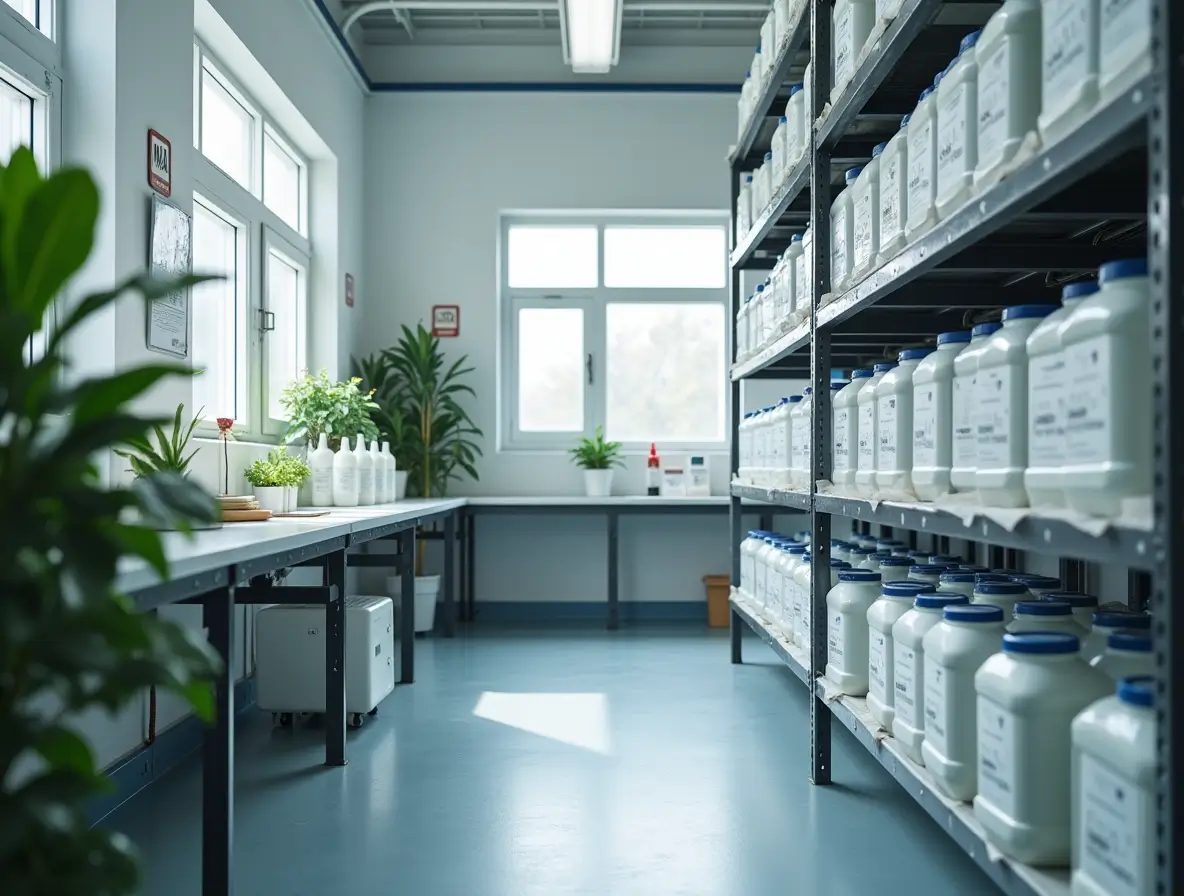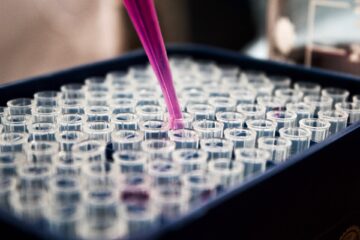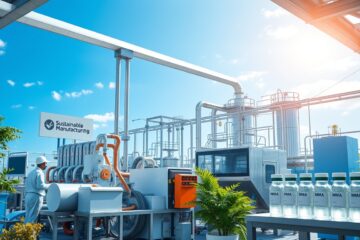Introduction: Understanding the Core Concept
Methyl methacrylate (MMA) monomer plays a pivotal role in modern applications, revered for its versatility and adaptability across industries. A monomer, by definition, is a molecule that can chemically bond with others to form polymers, and MMA monomer serves as the foundational building block for high-performance plastics and coatings. Its properties, such as excellent durability and clarity, elevate its demand in automotive, construction, and medical sectors. Understanding the chemistry behind methyl methacrylate monomers ensures businesses can make informed decisions, including evaluating the quality of regenerated MMA and assessing environmental impacts. Choosing the right MMA monomer supplier further ensures safe handling and long-term value.
Historical Background and Key Developments
The history of methyl methacrylate (MMA) monomer dates back to the early 20th century when its unique properties gained attention. Initially developed for applications in transparent plastics, MMA evolved into a cornerstone material for industries requiring durability and clarity. The monomer’s chemical structure enabled innovations in construction, automotive, and medical sectors, solidifying its role in modern applications.
Advances in polymerization techniques during the mid-1900s improved the scalability of MMA production. Recently, emphasis on sustainability has led to breakthroughs in regenerated MMA monomers. This aligns with efforts to evaluate quality while minimizing the environmental impact of monomer production. Businesses now prioritize selecting MMA suppliers with a focus on renewable processes, reflecting a shift towards the circular economy.
Practical Applications and Real-World Impact
Methyl methacrylate (MMA) monomer plays a pivotal role in modern applications, showcasing its versatility across industries. Whether utilized in optical lenses, adhesives, coatings, or automotive parts, MMA monomers exhibit properties essential for durability and performance. Businesses evaluating the quality of regenerated MMA monomers benefit from environmental advantages and cost efficiency, aligning with circular economy principles. Proper handling of methyl methacrylate ensures safety, minimizes risks, and underscores the substance’s contribution to sustainability efforts. By choosing the right MMA monomer supplier, companies secure access to consistent quality. Understanding the chemistry of MMA allows firms to optimize processes and leverage its regenerative potential, reducing the environmental footprint.
Challenges and Limitations
Handling methyl methacrylate (MMA) monomers involves navigating several challenges to ensure operational efficiency and worker safety. MMA monomers are inherently volatile and flammable, requiring strict adherence to safety protocols during storage and use. Temperature fluctuations during storage can accelerate polymerization, compromising material integrity and usability. The environmental impact of MMA monomer production remains a critical concern, despite advancements in regeneration processes that support the circular economy. Choosing the right MMA monomer supplier further complicates matters, as inconsistencies in quality or purity can adversely affect downstream applications. Additionally, evaluating the quality of regenerated MMA monomers demands rigorous analysis to mitigate risks effectively.
Future Trends and Innovations
Emerging advancements in methyl methacrylate monomer (MMA) technologies are revolutionizing how industries address storage, handling, and application challenges. With increasing focus on sustainability, the regeneration of MMA monomers has gained traction as a pivotal practice to minimize the environmental impact of MMA monomer production. This reinforces its role in the circular economy, fostering reduced waste and resource conservation.
Innovations in MMA regeneration include improved purification methods that enable businesses to consistently evaluate the quality of regenerated MMA monomers. Furthermore, the exploration of bio-based MMA alternatives is reshaping supply chains. Selecting the right MMA monomer supplier now emphasizes eco-credentials alongside technical competence, ensuring cutting-edge performance tailored to diverse applications.
Conclusion: Final Thoughts and Takeaways
Proper handling and storage of methyl methacrylate (MMA) monomers are critical for maintaining product quality, ensuring safety, and minimizing environmental impact. Businesses must begin by understanding the core properties of MMA monomer, its chemistry, and its extensive applications—from construction to automotive and beyond. Evaluating the quality of regenerated MMA monomers is also essential for sustainable practices, aligning with the principles of the circular economy. Choosing a reliable MMA monomer supplier and implementing stringent safety and storage protocols are vital. By considering these factors, companies can optimize MMA monomer usage while supporting eco-friendly production practices.




